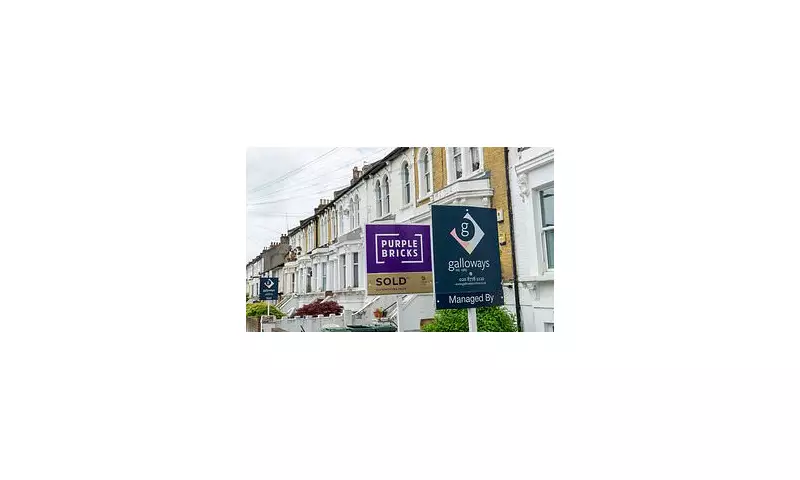
London's world-renowned property market is facing a severe crisis of legitimacy, as a torrent of illicit cash from global criminal enterprises continues to distort prices and lock out legitimate buyers. A major investigation has uncovered the sophisticated mechanisms through which dirty money is being systematically funnelled into the capital's real estate.
The scale of the problem is staggering. Billions of pounds, sourced from corruption, drug trafficking, fraud, and other serious crimes, are being 'cleaned' through high-value property purchases. This not only provides criminals with a veneer of legitimacy but also has a profoundly corrosive effect on the market itself.
The Mechanics of a Modern Scandal
The process is alarmingly straightforward for those in the know. Criminal networks often use complex webs of offshore companies and trusts registered in secretive jurisdictions to obscure the true ownership of properties. These anonymous structures, often layered across multiple countries, make it exceptionally difficult for authorities to trace the funds back to their illegal origins.
Once acquired, these properties are rarely homes. They are assets—safe deposit boxes in brick and mortar. They are left empty, a stark symbol of a broken system, while simultaneously contributing to the housing shortage and inflating prices for everyday Londoners struggling to get on the ladder.
The Human and Economic Cost
The impact extends far beyond the market. This influx of criminal capital:
- Artificially inflates property prices, making entire neighbourhoods unaffordable.
- Undermines the integrity of the UK's financial institutions and its global reputation.
- Facilitates further serious and organised crime by providing a safe haven for profits.
- Erodes public trust in both the government and the financial system.
Experts warn that the situation has become a national security issue, with the UK's open economy being exploited by oligarchs, kleptocrats, and international crime syndicates.
A Call for Action and Transparency
Despite government pledges to crack down on economic crime, critics argue that enforcement is lagging woefully behind the scale of the problem. The resources allocated to the National Crime Agency and other bodies are dwarfed by the billions being laundered.
The solution, according to transparency campaigners, lies in radical transparency. Fully operationalising and strengthening the Register of Overseas Entities is a critical first step. Ultimately, there must be a concerted, well-funded effort to pierce the corporate veil and hold enablers—from complicit lawyers to negligent estate agents—accountable.
Until then, London's skyline will remain a monument to illicit wealth, built on the backs of ordinary citizens priced out of their own capital.





